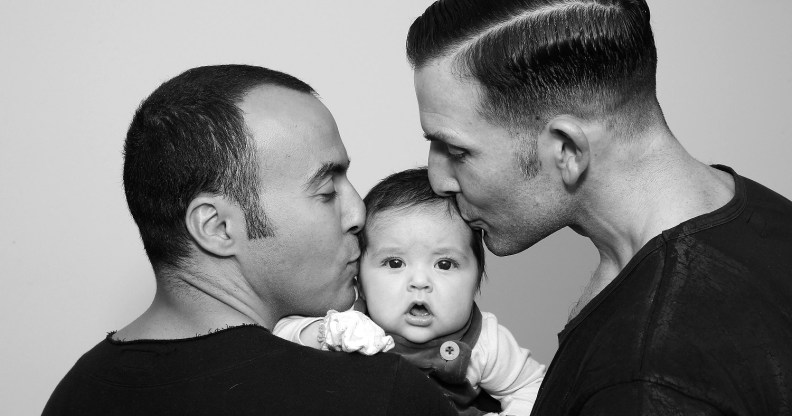Mexico surrogacy ban for gay men and foreigners

Mexican officials have announced a new law banning gay men from becoming surrogate parents.
The only state to allow gay surrogacy in Mexico has now limited the service to native couples only.
State legislators in Tabasco last week voted to limit surrogacy services to heterosexual, Mexican couples – effectively banning gay men and foreigners.
Furthermore, couples hoping to use a surrogate must include a woman aged 25-40, who will have to provide proof that she is medically unable to conceive or bear a child.
Legislators say they made the decision to “strengthen” surrogacy laws in order to avoid impoverished women in the country from being exploited.
Deputy Verónica Pérez Rojas argued that surrogacy is a “new form of exploitation of women and trafficking”, before saying she was proud to have protected the young women of Tabasco.
Women’s rights groups have also welcomed the move, arguing that surrogate mothers are seen as nothing more than “subjects of trade.”
Mexico has become an increasingly popular destination for gay couples from the US wishing to start a family.
The country becomes the latest to ban surrogacy for same-sex parents and foreigners this year.
In August, the Nepali Supreme court issued an injunction suspending commercial surrogacy across the country.
Foreign women were given permission to serve as surrogates in the Himalayan nation last year, however, Nepalese women are not allowed.
Nepal had since become a popular destination for same-sex couples wishing to start a family – especially since tougher laws were introduced in other surrogacy hotspots across Asia.
New laws banning surrogacy in Thailand came into effect earlier this year – ending access previously available to gay couples.

